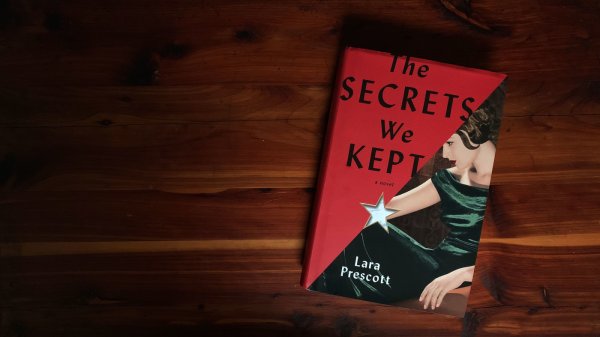- Messages
- 17,480
- Location
- New York City
The Vagrants by Yiyun Li, a chronicle of moral complexity surrounding Chinese dissidents during Tiananman Square,
dovetailing present day Hong Kong. A gift from my friend Ruth, after her gals-only Hyde Park reading coven
voraciously devoured said then picked the bones clean, before tossing it over to me at lunch recently, when I promised
to read it and reciprocate a literary gift. Ruth is a Sabra, a native born Israeli and former physicist who later
studied medicine at the University of Illinois-Chicago. Fascinating lady, and someone who thinks things through;
but at lunch she confessed that she intuitively believed the accusation against Justice Kavanaugh during his
Senate confirmation hearing. This somewhat surprised me as the accuser was uncertain as to the facts pertaining
to an alleged assault but Ruth held firm. I came across a book review of Millie Hemingway's Justice on Trial;
The Kavanaugh Confirmation and the Future of the Supreme Court and decided to pass it on to Ruth for her
studied analysis. I confess my motive was to prove my point concerning the facts of the case-stubborn cuss
that I am. But in the same batch of culled internet stuff from The New Criterion archives, I zeroxed an essay
that explored the intellect and its limits on comprehending the mysteries of life and by extension the heart's
intuitive capacity to absorb abstract truth often hid within concrete objectivity. This certainly does not obviate
factual legal analysis but seemingly adds a measure to same. But I am a Scrooge for the what's what of a case.
I eagerly anticipate Ruth's opinion of Hemingway's study and her further voice to her intuition.
I look forward to an update when Ruth gets back to you.





